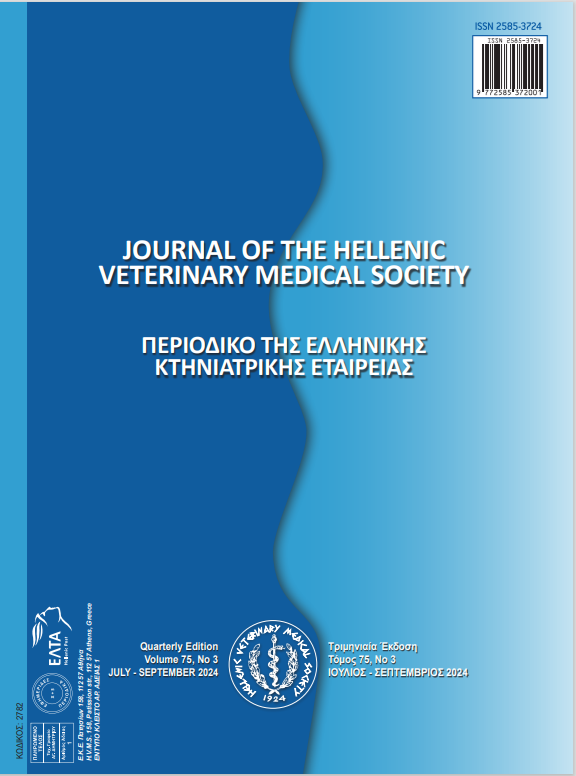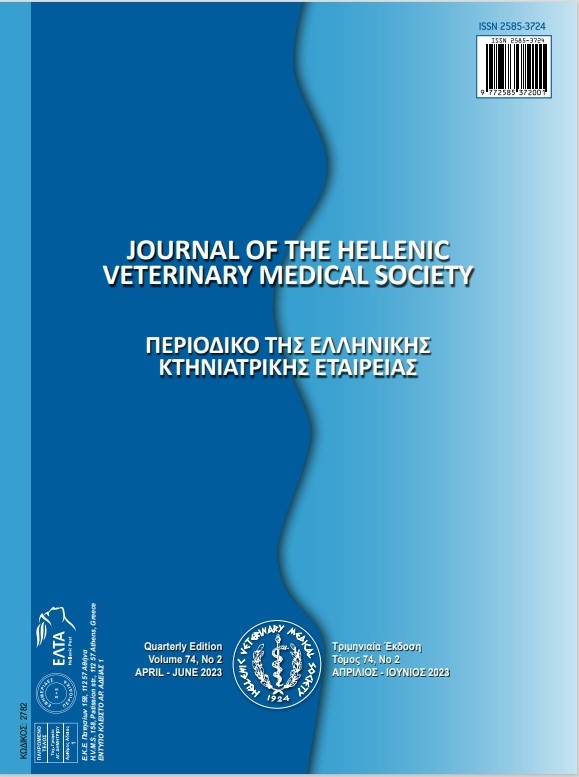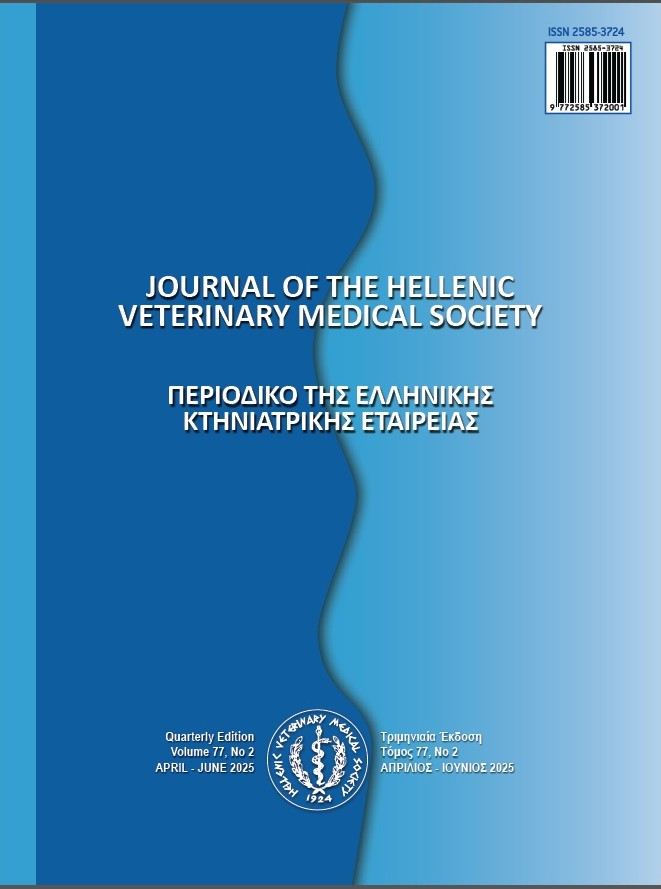Plant extracts and essential oils in rabbit diet: A practical green-way for sustainable and resilient production systems
Abstract
Rabbits, integral to global agriculture, play a significant role in meat production in many developed and developing countries. As the demand for sustainable and natural farming practices rises, the utilization of plant extracts and essential oils in rabbit nutrition has garnered attention. Both plant extracts and essential oils offer multifaceted benefits in rabbit nutrition, positively impacting growth, digestion, and immune health. This comprehensive review consolidates the current understanding of the effects of plant extracts and essential oils on rabbit health and digestion, drawing from recent scientific literature. Emphasis is also placed on growth performance, nutrient utilization, immune response, and overall well-being. The outcomes underscore the practical significance of natural feed additives, paving the way for sustainable and resilient rabbit production systems.
Article Details
- Zitationsvorschlag
-
Pugliese, G., Losacco, C., Laudadio, V., Schiavitto, M., & Tufarelli, V. (2024). Plant extracts and essential oils in rabbit diet: A practical green-way for sustainable and resilient production systems. Journal of the Hellenic Veterinary Medical Society, 75(3), 7935–7942. https://doi.org/10.12681/jhvms.36084
- Ausgabe
- Bd. 75 Nr. 3 (2024)
- Rubrik
- Research Articles

Dieses Werk steht unter der Lizenz Creative Commons Namensnennung - Nicht-kommerziell 4.0 International.
Authors who publish with this journal agree to the following terms:
· Authors retain copyright and grant the journal right of first publication with the work simultaneously licensed under a Creative Commons Attribution Non-Commercial License that allows others to share the work with an acknowledgement of the work's authorship and initial publication in this journal.
· Authors are able to enter into separate, additional contractual arrangements for the non-exclusive distribution of the journal's published version of the work (e.g. post it to an institutional repository or publish it in a book), with an acknowledgement of its initial publication in this journal.
· Authors are permitted and encouraged to post their work online (preferably in institutional repositories or on their website) prior to and during the submission process, as it can lead to productive exchanges, as well as earlier and greater citation of published work.






